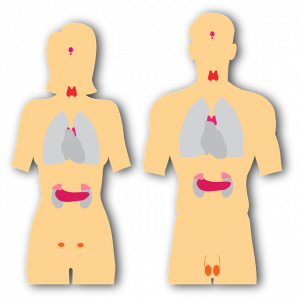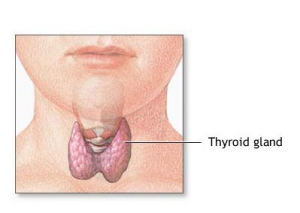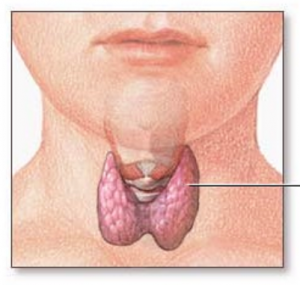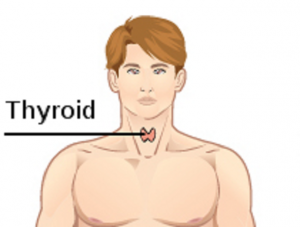Thyroid disease. What is the role of the micronutrient trace element selenium in thyroid disease? The thyroid gland is the organ in the body that contains the greatest amount of selenium per gram of tissue [Wang 2023]. Even in times of low dietary selenium intakes, the thyroid gland has high priority for the supply of selenium in the body [Schomburg 2020].

Dietary selenium intakes vary considerably from region to region in the world. There are large differences in the soil content of selenium and in the factors that influence the bioavailability of selenium to plants. As a consequence, individuals’ plasma/serum selenium status varies accordingly [Winther 2020]. Thus, widespread sub-optimal selenium status has been reported throughout Europe, the United Kingdom, and the Middle East [Stoffaneller & Morse 2015].



